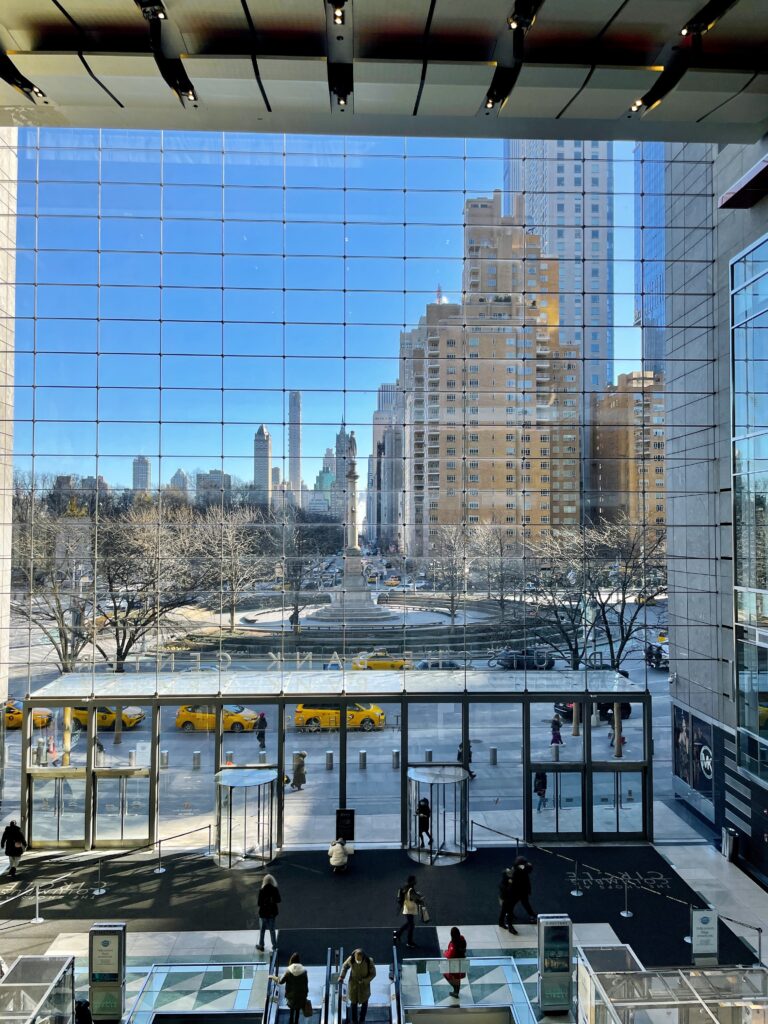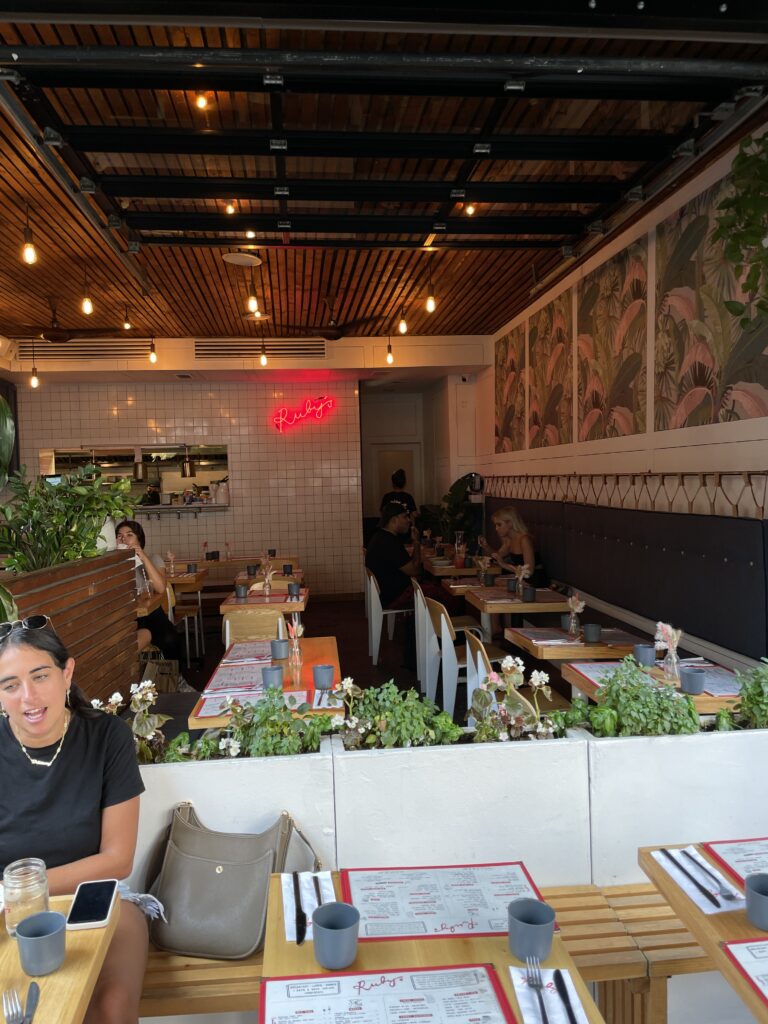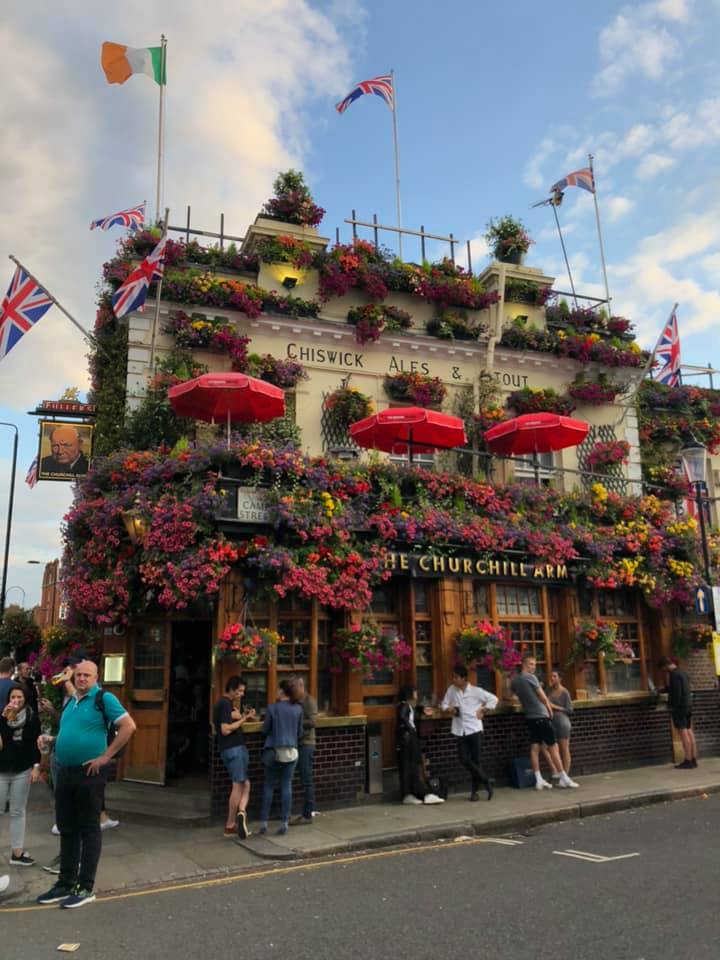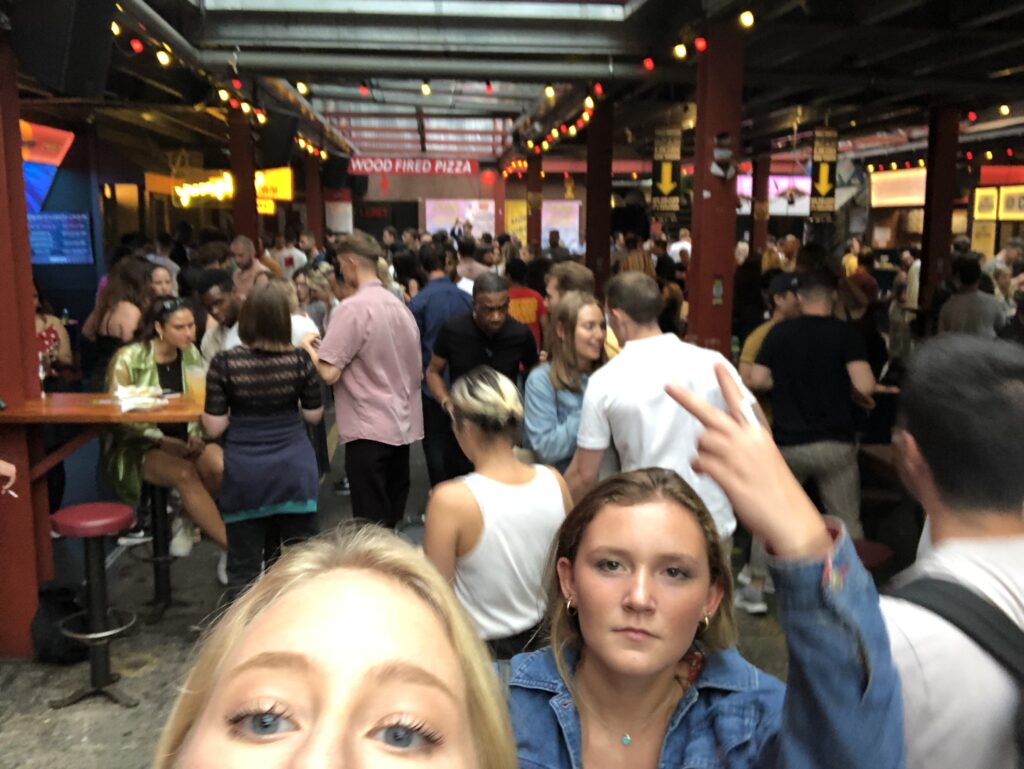
Before this class I was aware of my ‘whiteness’ as a result of my European descent, but I had never openly discussed and learned about whiteness in an academic setting.
Whiteness manifest in intercultural interactions through a system of historical oppression called white privilege; people adopting the ways of life of this “in group” over time until it is normalized.
In this 1952 commercial they take something that all humans have, flesh, and use it as a name for a light-colored band-aid. This is problematic because it associates flesh with whiteness, when everyone has flesh regardless of their skin tone. The band-aid should be named after its color – “beige” “tan” or “brown” and there should have been multiple to recognize different people from various backgrounds.
White privilege is an institutionally perpetuated system that works by using differences in the body to make an “in group” and an “out group.” Over time, the group of people who were classified as being “white,” the ‘in group’ broadened so much that white eventually became synonymous to “the norm.”
Whiteness is the norms and ways of thinking of people with lighter skin – and privilege is always present. It is important to note that whiteness is a social construct, and people who fall under this category of “white” are from mixed ethnicities, religion, and backgrounds but who all have this same physical appearance of lighter skin. This intercultural group of people often fails to recognize their “whiteness” and privilege, and as a result, prolong the system of oppression.
This White Is a Flesh Colored Band-Aid example is one of many instances of whiteness in an intercultural context. In our inherently racist society, people of color have been forced to “enact” whiteness in a way. People of color adhere to the ‘normalized’ customs and practices to be legitimized and seen in an inherently racist society that does not recognize them otherwise. The first step in disengaging in whiteness is recognizing its existence as a social construct of privilege. Without de-normalizing whiteness, it will continue.
]]>
Every time I step out of the city I find myself getting quickly irritated by slow service which is something I have to work on. The more I travel, however, the more I realize that quick service is very much a New York thing and not something I should expect everywhere else.
After 4 2+ hour dining experiences in London I realized that people like to eat out for the company, not the food and service. They will sit in the restaurants for hours unbothered and the waitress does not think twice about it. Thus, table time occupancy is much higher in Europe when compared to the US. While waitresses in New York get visibly annoyed if you overstay your welcome, spending the entire night at one table is common in Europe. With less table turn around, comes less profit for the restaurant which could be why charging for everything (even bread and water) is common.
I grew up in northern New Jersey, 15 minutes away from the George Washington Bridge, an area that was directly affected by the terrorist attacks on 9/11. My knowledge of the event did not surpass the day itself, and the hardship and sadness that it left behind for my loved ones. My childhood friends grew up with one parent, my mother and father lost close friends, and my dad even had a meeting scheduled in the building for the afternoon of 9/11. 10 year old Emily did not understand the complexity of terrorism beyond my one-sided view.
I found this project to be especially difficult. 25% of my family lives in Israel, where there are constant bomb threats and violence due to groups such as Hamas and Fatah. It was hard not to let my own disapproval for violence in Israel get in the way of how to strategically address Hamas.
Empathy is an essential aspect of dealing with a violent group. One must at least attempt to put themselves in the groups shoes to fully understand a groups motives. Hamas political leaders and social welfare organizations are actively involved in terrorist activities, they are not mutually exclusive. In fact, the reason the group has been able to garner support is because of the inhumane and poor living conditions that many Arabs live in. Hamas’ recruits directly out of social welfare sights – proposing the idea of terrorism as the way to attain freedom and happiness. It is essential to realize that suicide bombers often consider themselves martyrs, or freedom fighters because that is what they are told. Palestinians are in dire need of assistance and Hamas has capitalized on this crisis to advance its own political agenda. This project shed light on how groups such as Hamas emerge, and made me empathize with the people that live in such inhumane conditions.
]]>This was a scent that I used to despise. While this might seem unimportant, the fact that I am not against the act of smoking, yet I do not partake in smoking, is quite unique. I realized that although it was not for me, some people are accustomed to environments where smoking is widely accepted.
When I lived in Europe in 2019, I became very used to the smell of cigarettes in all public spaces. During my first meal in Paris I sat next to a couple that was smoking for most of my meal. They weren’t the only ones in the restaurants smoking. I quickly realized that not only is smoking allowed in cafes and other public spaces in Paris, but it is regarded with somewhat of an elegance. This social norm in Europe helped me understand a different perspective of smoking.
On my flight home from France, I was on an American Airline when someone on board lit a cigarette. The flight attendant quickly came over to yell at the individual who did not speak English. After we landed, I did some research and learned that smoking was allowed on some international airlines until as late as 2014.
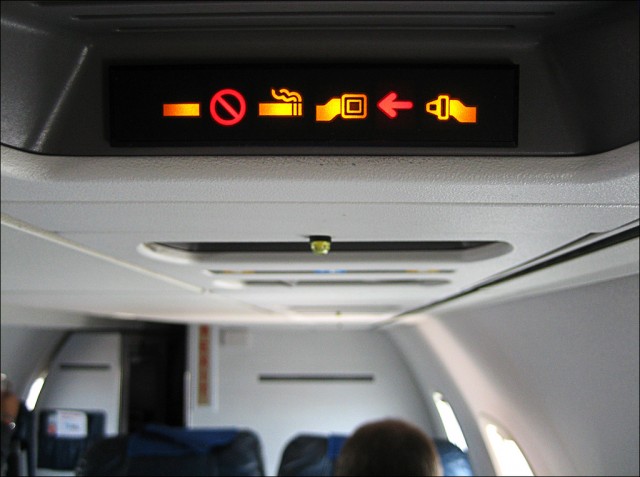
There seems to be somewhat of a cancel culture around smoking in the United States. In fact, Wesleyan just passed a ‘smoke free’ rule, so that smoking is illegal everywhere on campus.

I used to see students all the time smoking outside. Most of the students that smoked were my international friends. I think the concept of ‘yucking’ someone else’s ‘yum’ is rude, but banning it all together, even in private spaces, is problematic. We are adults at this point, and it should be up to the student to decide what is and what is not appropriate behavior. Students who grew up in environments where smoking was condoned, should not need to abide by this Westernized standard of health.
If Wesleyan made this rule to protect the health of its students’, then re-evaluating the lead paint that coats half of the undergraduate housing might be more appropriate. In all seriousness, what makes the university think that they can define what health means for someone else? It seems like a grand imposition of Western ideals.
]]>Standpoint theory suggests that you may see, experience, and understand the world differently based on your positionality (your position in the world/experiences with other people). The reason why me and my peers who were born in the United States only speak one language fluently is because our first language is English – others have always conformed to our language. People with less power in society often have a fuller and more comprehensive view – both the dominant and marginalized view. This trend can be applied to languages; according to the U.S. Census Bureau, only 20 percent of Americans can converse in two or more languages, compared with 56 percent of Europeans.
I started to observe the relationship between power and language through my relatives, who learned English as a second language. Living abroad, they were taught that English was “the language of the world.” Upon moving to the United States, their native language was background noise to me that was only spoken in the shadows. Growing up, I heard German whispers from my grandparents when they want to tell a secret, French when my cousins got calls from Paris, and Hebrew in the shelved books that I know my dad knows how to read.
My positionally has allowed me to communicate easily using my first language and as a result, I have fallen into the group of 80% Americans who can only speak 1 language fluently. Growing up in the American school system, we always ‘brushed the surface’ of learning other languages. In elementary school, we took Spanish for 3 years. I graduated 5th grade knowing how to count to 10 in Spanish and that in Spain they celebrate El día de los Muertos. At this point my cousins could read and write in both English and French. In Middle School I attended French class twice a week for 45 minutes and graduated knowing how to conjugate verbs in the present and past. I transitioned to Spanish in high school and took it for all 4 years even though there was only a 2 year language requirement. My peers thought I was crazy for continuing to take language classes when they were not required. My Spanish studies continued throughout college – I eventually became proficient.
In the US, 62 percent of US Hispanic adults speak English or are bilingual. Those that do not face social and economic hardships. In the summer of my Junior year I worked on a brain health project called BrainGuide, which helps individuals manage their cognitive issues. One of my tasks was to create a toolkit. After creating it in English, I asked my boss if we could publish one in Spanish. I was the only one on the promotional team who spoke Spanish so without my knowledge of the language, we would have only produced an English copy. This would have furthered health disparity in the Latino/a population by making the copy only accessible to English speakers. This experience made me realize how non-English speakers are often pushed aside. My ability to speak Spanish allowed me to address a much larger community in my pursuit to improve public health.
]]>Globalization has often only been thought of in terms of how it enhances our nation’s security; the thought is that if you allow this relative interconnectedness to exist then nations would not go to war. Throughout this project I realized globalization, specifically consumer driven capitalism, has left many groups behind who do not have the means to participate in such systems. Thus, there are a large group of people across many nations that less secure. Whether the alienation and exclusion stems from economic, social, or psychological reasoning, these people must be addressed and acknowledged. While I do not condone or have any respect for terrorism, I am much more open and eager to hear the stories behind the anger.
I was surprised when my terrorism professor pointed to Globalization as a catalyst for violence. Meanwhile, I did not learn about terrorism in my Globalization class. There was a clear lack of awareness, or worse, disregard for international voices that resort to terrorism. I began to think about how the spread of Western capitalism post 9-11 produced a culture of alienation and inequality both at home and abroad.
I came to the realization that Osama Bin Laden, Dylan Ruth, Timothy McVeigh and Nicholas Cruz differ in terms of religious background, wealth, and nationality. Both jihadi terrorists and school shooters are a bi-product of the same phenomenon – alienation and frustration as a result of the enforcement of Western ideals (such as consumer driven capitalism) as a result of globalization. Globalization has led to increased frustration in underprivileged groups leading to both international and domestic terrorism.
I grew up in northern New Jersey, 15 minutes away from the George Washington Bridge, an area that was directly affected by the terrorist attacks on 9/11. However, my knowledge of the event did not surpass the day itself, and the sadness that it left behind for my own friends and family. My childhood friends grew up with one parent, my mother and father lost close friends, and my dad even had a meeting scheduled in the building for the afternoon of 9/11. Every year school was cancelled on the 11th of September. 10 year old Emily did not understand the complexity of the event beyond my own personal global stance.

Studying these topics taught me about how international countries and groups view the United States and afforded me a broader global self awareness. I also learned about the inadequacies of my previous understanding of economic Globalization.
In my Globalization class I learned about how in the 90’s globalization became a central focus of American life: there became a multi continental flow of capital, goods, information, ideas, people and forces (Keohane and Nye 105).
With further analysis, I realized that this same fascination and excitement about the new global village led to inadequacies in United States’ policies, particularly in addressing communities that were historically unable to take part in consumer driven capitalism.
]]>